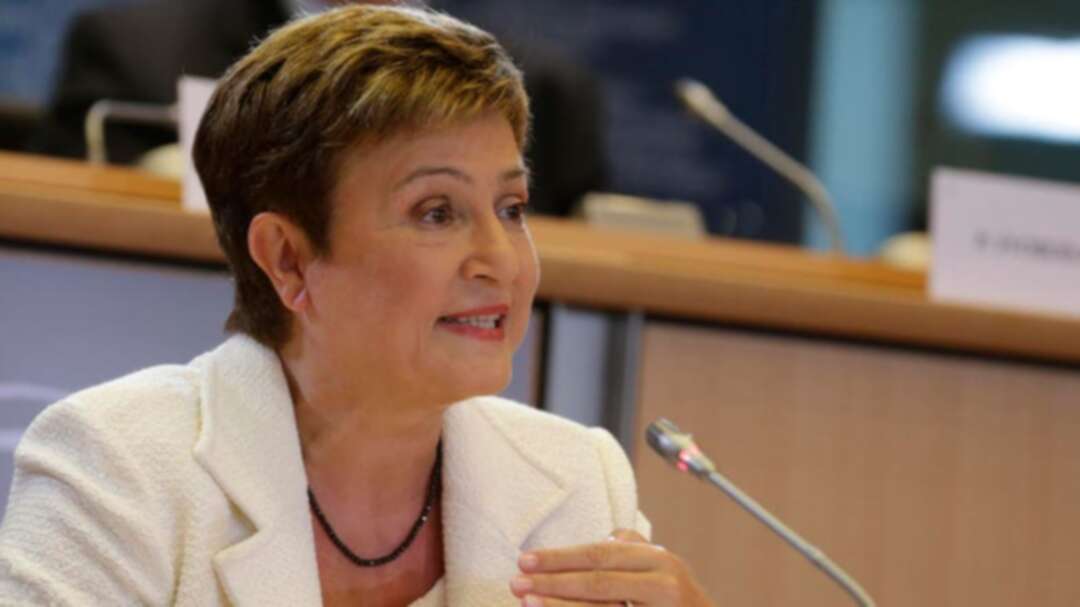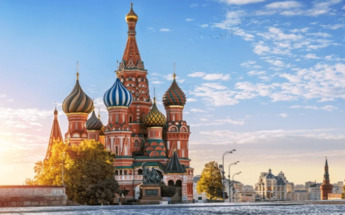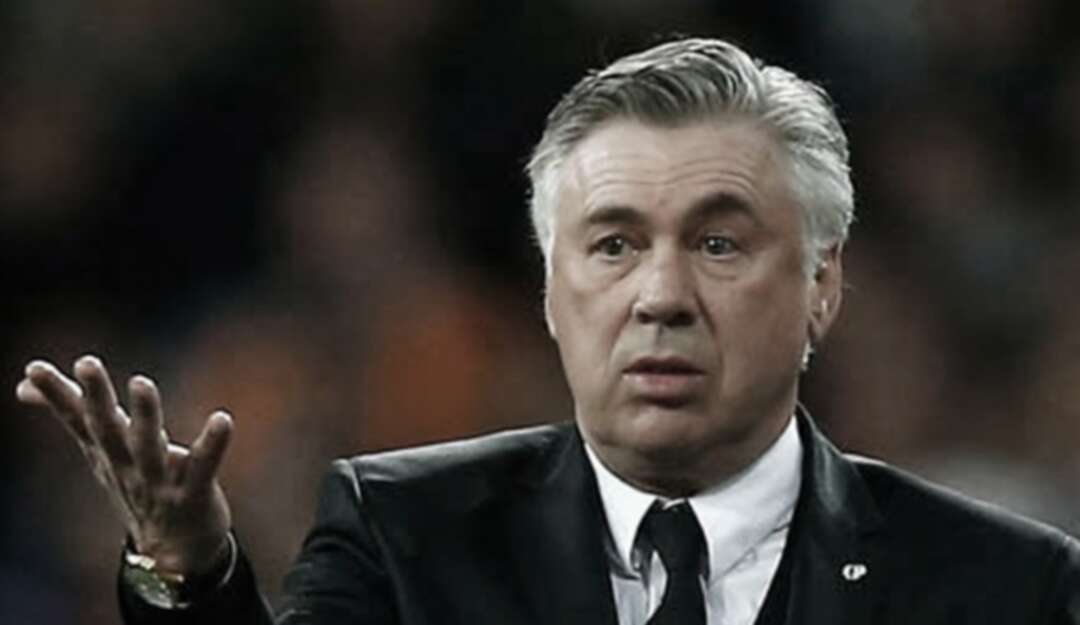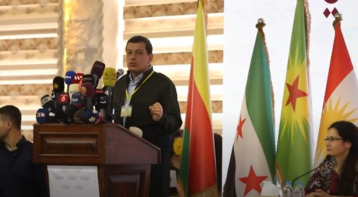-
New IMF chief calls for action as global economy enters ‘synchronized slowdown’

Growing global trade tensions and financial vulnerabilities are undermining economic growth, which is expected to slowdown in nearly 90 percent of the world, the new chief of the International Monetary Fund (IMF) warned.
“The global economy is now in a synchronized slowdown. This widespread deceleration means that growth this year will fall to its lowest rate since the beginning of the decade,” Kristalina Georgieva, the IMF’s managing director said in her maiden speech on Tuesday.
Georgieva pointed to the dangers of trade disputes, which have caused global trade growth to come to a near standstill.
The effect of trade tensions could cause a loss of around $700 billion by 2020, or about 0.8 percent of global gross domestic product (GDP), she said.
Georgieva warned that the current economic rifts could threaten the interconnectedness of the world economy and have a long-term negative impact on future generations.
“There are a range of issues and one common theme: Fractures ... the current rifts could lead to changes that last a generation - broken supply chains, siloed trade sectors, a ‘digital Berlin Wall’ that forces countries to choose between technology systems,” Georgieva added.
Georgieva, who was elected as IMF chief late last month and took over on October 1, called for quicker action to find lasting solutions to build a better international trade system.
“The key is to improve the system, not abandon it,” she said.
With a world facing financial vulnerabilities, including public debt hitting near-record levels, Georgieva explained that monetary and financial policies need to be improved hand-in-hand with fiscal policies.
“Monetary and financial policies cannot do the job alone. Fiscal policy must play a central role. Now is the time for countries with room in their budgets to deploy – or get ready to deploy – fiscal firepower,” she said.
“In fact, low interest rates may give some policymakers additional money to spend ... That advice will not work everywhere,” she said.
On October 1, the World Trade Organization (WTO) slashed its growth forecast for global trade this year by more than half to 1.2 percent from 2.6 percent, citing heightened uncertainty due to trade tensions and a slowing economy.
Trade tensions between the United States and China, as well as trade conflicts between the US and European nations, have contributed to a global economic deadlock.
US officials are expected to meet a high-ranking Chinese delegation starting October 10 for a fresh round of discussions, aimed at easing the trade conflict between the world’s two largest economies.
source:Reem Abdellatif
You May Also Like
Popular Posts
Caricature
BENEFIT Sponsors BuildHer...
- April 23, 2025
BENEFIT, the Kingdom’s innovator and leading company in Fintech and electronic financial transactions service, has sponsored the BuildHer CityHack 2025 Hackathon, a two-day event spearheaded by the College of Engineering and Technology at the Royal University for Women (RUW).
Aimed at secondary school students, the event brought together a distinguished group of academic professionals and technology experts to mentor and inspire young participants.
More than 100 high school students from across the Kingdom of Bahrain took part in the hackathon, which featured an intensive programme of training workshops and hands-on sessions. These activities were tailored to enhance participants’ critical thinking, collaborative problem-solving, and team-building capabilities, while also encouraging the development of practical and sustainable solutions to contemporary challenges using modern technological tools.
BENEFIT’s Chief Executive Mr. Abdulwahed AlJanahi, commented: “Our support for this educational hackathon reflects our long-term strategic vision to nurture the talents of emerging national youth and empower the next generation of accomplished female leaders in technology. By fostering creativity and innovation, we aim to contribute meaningfully to Bahrain’s comprehensive development goals and align with the aspirations outlined in the Kingdom’s Vision 2030—an ambition in which BENEFIT plays a central role.”
Professor Riyadh Yousif Hamzah, President of the Royal University for Women, commented: “This initiative reflects our commitment to advancing women in STEM fields. We're cultivating a generation of creative, solution-driven female leaders who will drive national development. Our partnership with BENEFIT exemplifies the powerful synergy between academia and private sector in supporting educational innovation.”
Hanan Abdulla Hasan, Senior Manager, PR & Communication at BENEFIT, said: “We are honoured to collaborate with RUW in supporting this remarkable technology-focused event. It highlights our commitment to social responsibility, and our ongoing efforts to enhance the digital and innovation capabilities of young Bahraini women and foster their ability to harness technological tools in the service of a smarter, more sustainable future.”
For his part, Dr. Humam ElAgha, Acting Dean of the College of Engineering and Technology at the University, said: “BuildHer CityHack 2025 embodies our hands-on approach to education. By tackling real-world problems through creative thinking and sustainable solutions, we're preparing women to thrive in the knowledge economy – a cornerstone of the University's vision.”
opinion
Report
ads
Newsletter
Subscribe to our mailing list to get the new updates!






















